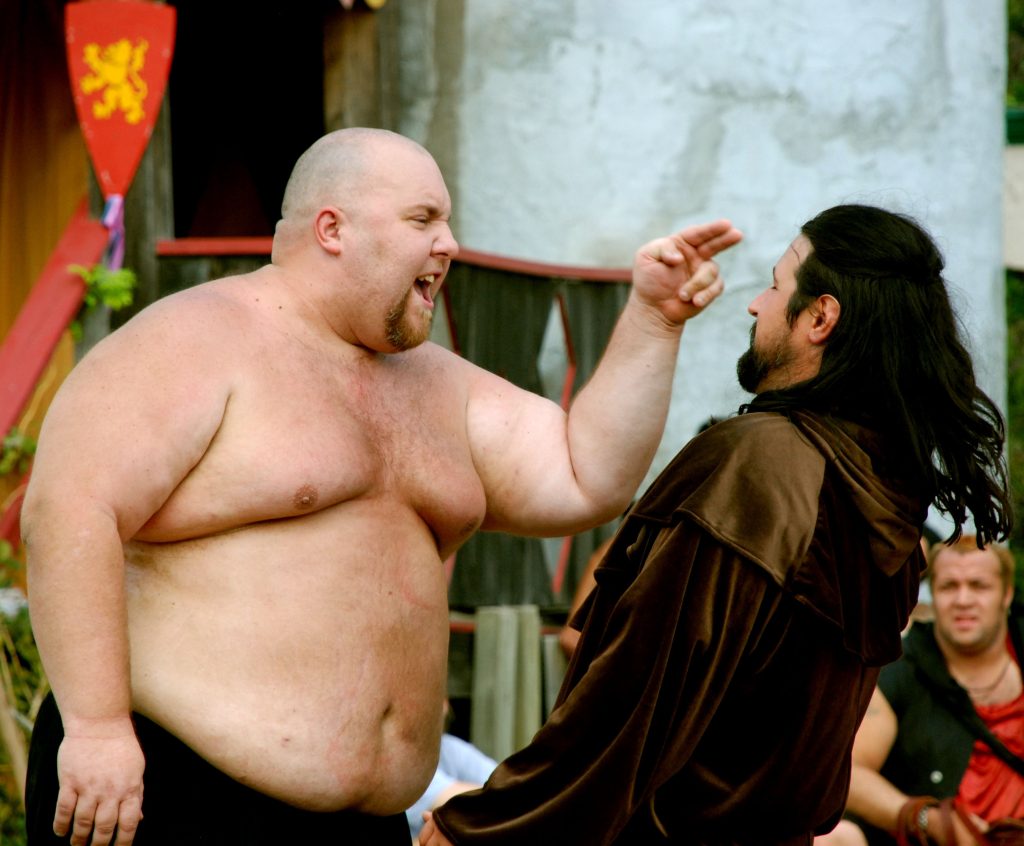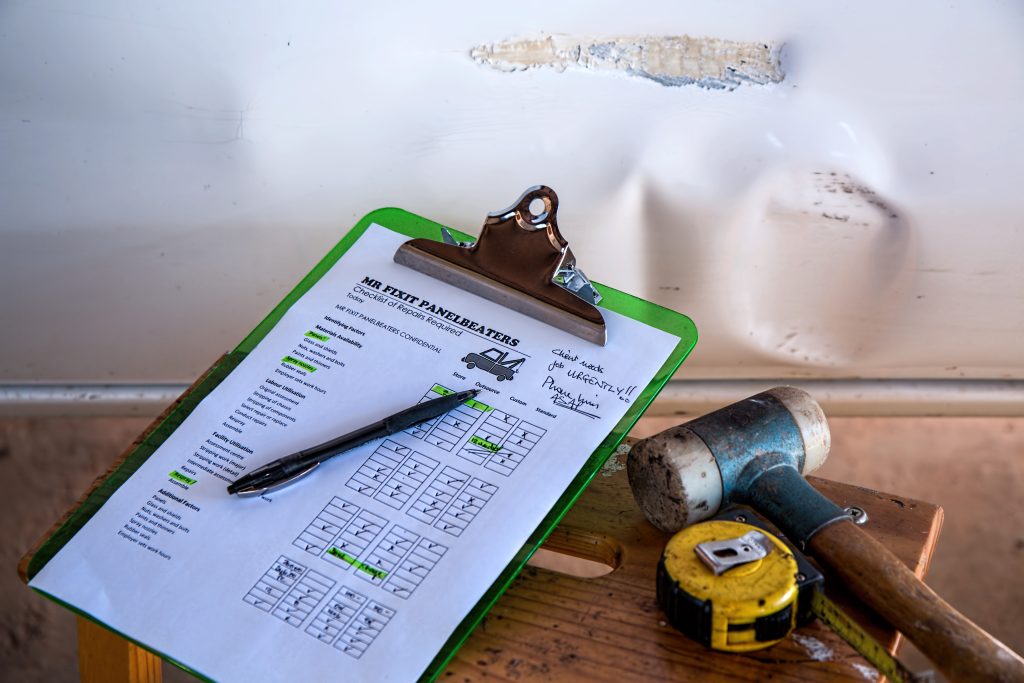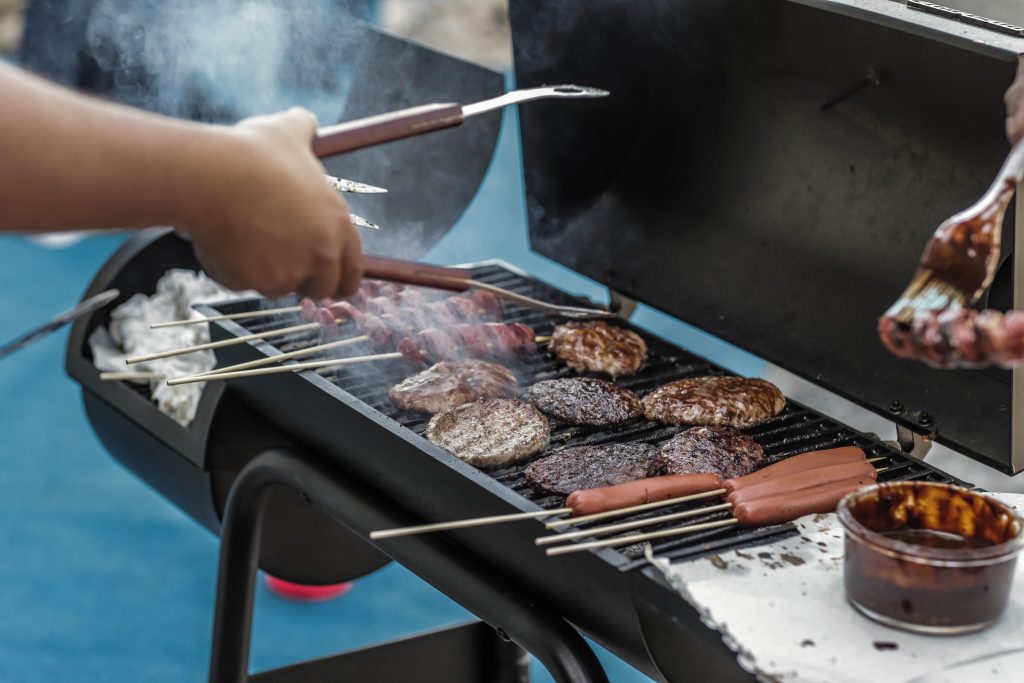 We all try our best to avoid trouble, but sometimes fights happen. It may be best to avoid a brawl if you see one occurring. However, when you see your friend in a bind, human nature kicks in, and before you know it, you’re in an altercation that you never signed up for. If you are injured in a fight, proceed carefully when suing the party that caused your injuries. Ryan Martinez learned this lesson the hard way following the Louisiana First Circuit Court of Appeal ruling in the following case.
We all try our best to avoid trouble, but sometimes fights happen. It may be best to avoid a brawl if you see one occurring. However, when you see your friend in a bind, human nature kicks in, and before you know it, you’re in an altercation that you never signed up for. If you are injured in a fight, proceed carefully when suing the party that caused your injuries. Ryan Martinez learned this lesson the hard way following the Louisiana First Circuit Court of Appeal ruling in the following case.
Martinez intervened in an altercation between his friend and the defendant, Trevor Wilson, at Chevy’s nightclub in Hammond. (“Chevy’s). During the fight, Wilson allegedly attacked Martinez, and Martinez stated that the strike resulted in a mandible fracture. Martinez, after that, sued to recover damages, listing Wilson, Chevy, and their insurers as defendants and asserting Wilson’s liability for battery. The trial court entered a preliminary default against Wilson, as he was absent from court and had not filed a response to the petition.
Two years later, the trial court conducted a hearing to confirm the default judgment. Although Wilson did not appear at the hearing, Martinez submitted various items as evidence, such as a smoothie receipt and various uncertified medical records. As a result, the trial court signed the judgment finding Martinez entitled to collect $110,128.66 in personal injury damages and medical expenses from Wilson. Wilson promptly appealed the trial court’s decision awarding Martinez the previously noted damages.
 Louisiana Personal Injury Lawyer Blog
Louisiana Personal Injury Lawyer Blog



 How often do you go through the buffet line at your local supermarket? Next time, you might want to think twice before digging in to your lunch.
How often do you go through the buffet line at your local supermarket? Next time, you might want to think twice before digging in to your lunch. Dollar stores carry a wide variety of merchandise, and stacking these items on shelves saves space. When stocking, employees should always take reasonable care to stack items in a safe manner so they do not fall off the shelf and potentially injure shoppers. For one Slidell man, however, an everyday grocery trip to Dollar General turned into a 4-year, $50,000 lawsuit.
Dollar stores carry a wide variety of merchandise, and stacking these items on shelves saves space. When stocking, employees should always take reasonable care to stack items in a safe manner so they do not fall off the shelf and potentially injure shoppers. For one Slidell man, however, an everyday grocery trip to Dollar General turned into a 4-year, $50,000 lawsuit. No one wants to be held liable for the injuries of another. Wet floor signs, warning tags, and regular inspections are all ways we provide notice to others of hazardous conditions. Sometimes, though, when a hazard is unexpected or has never presented itself as a potential risk of harm, liability is inevitable. The question then becomes, what is the cost?
No one wants to be held liable for the injuries of another. Wet floor signs, warning tags, and regular inspections are all ways we provide notice to others of hazardous conditions. Sometimes, though, when a hazard is unexpected or has never presented itself as a potential risk of harm, liability is inevitable. The question then becomes, what is the cost? The interests of justice are best served when the evidence in a lawsuit is new. This is because any potential witnesses can corroborate or deny evidence presented at trial with a fresh memory of the events or documents. Personal injury cases in Louisiana follow this principle with a one year deadline called the peremptory exception of prescription. A recent lawsuit between New Orleans family members demonstrated the value of having an excellent attorney who knows when these deadlines begin to run.
The interests of justice are best served when the evidence in a lawsuit is new. This is because any potential witnesses can corroborate or deny evidence presented at trial with a fresh memory of the events or documents. Personal injury cases in Louisiana follow this principle with a one year deadline called the peremptory exception of prescription. A recent lawsuit between New Orleans family members demonstrated the value of having an excellent attorney who knows when these deadlines begin to run. To many who contemplate filing a lawsuit for an automobile accident, it may seem sufficient to show that the other driver was at fault – show he ran the red light, she failed to signal, and then it’s all downhill from there. But one element of all negligence cases is causation. You must prove that the injuries you have were caused by the accident itself. Normally this is pretty simple, but preexisting conditions can muddy the waters. Wayne Bouchon found out the hard way that proving causation was critical to his case.
To many who contemplate filing a lawsuit for an automobile accident, it may seem sufficient to show that the other driver was at fault – show he ran the red light, she failed to signal, and then it’s all downhill from there. But one element of all negligence cases is causation. You must prove that the injuries you have were caused by the accident itself. Normally this is pretty simple, but preexisting conditions can muddy the waters. Wayne Bouchon found out the hard way that proving causation was critical to his case.  The five factor
The five factor  Sometimes, car accidents happen. Someone speeds, gets distracted, or makes a mistake that causes an accident. Crashes can be unexpected. No one gets to decide what time of day it happens, where it happens, or who gets injured. Instead, you have to take the whole situation as it is.
Sometimes, car accidents happen. Someone speeds, gets distracted, or makes a mistake that causes an accident. Crashes can be unexpected. No one gets to decide what time of day it happens, where it happens, or who gets injured. Instead, you have to take the whole situation as it is.  Everyone gets injured, but what happens when you are injured on the job and had been in an accident in the past? Does the court take that into consideration if you file a lawsuit, or does the court presume an accident was work-related? In one local case, the workers’ compensation judge found that the injury at issue was not caused by the work accident. The injured party, Todd Porche (“Porche”), appealed this determination.
Everyone gets injured, but what happens when you are injured on the job and had been in an accident in the past? Does the court take that into consideration if you file a lawsuit, or does the court presume an accident was work-related? In one local case, the workers’ compensation judge found that the injury at issue was not caused by the work accident. The injured party, Todd Porche (“Porche”), appealed this determination.